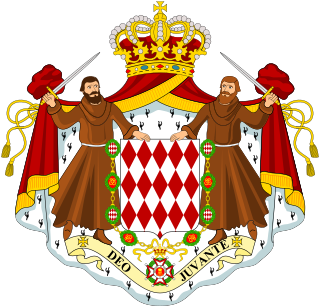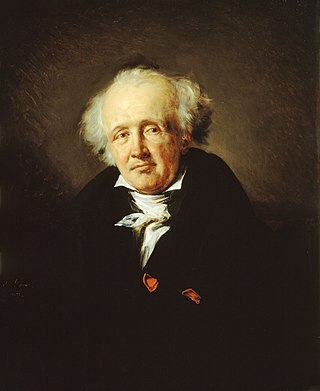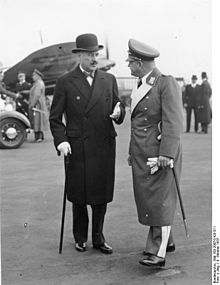
Burundi's relations with its neighbours have often been affected by security concerns. Hundreds of thousands of Burundian refugees have at various times crossed to neighboring Rwanda, Tanzania, and the Democratic Republic of the Congo. Hundreds of thousands of Burundians are in neighboring countries as a result of the ongoing civil war. Most of them, more than 340,000 since 1993, are in Tanzania. Some Burundian rebel groups have used neighboring countries as bases for insurgent activities. The 1993 embargo placed on Burundi by regional states hurt diplomatic relations with its neighbors; relations have improved since the 1999 suspension of these sanctions.

President François Bozizé has said that one of his priorities is to get the support of the international community. This has indeed been visible in his relations to donor countries and international organisations. At the same time it is difficult to have an open policy towards neighbouring countries when they are used as safe haven by rebels regularly attacking Central African Republic (C.A.R.), or when one allied country is in war with another.

In November 1975, Comoros became the 143rd member of the United Nations. The new nation was defined as consisting of the entire archipelago, despite the fact that France maintains control over Mayotte.

Madagascar has diplomatic relations with many countries, both individual bilateral relations and by virtue of its membership of African and other regional blocs. International aid has been received from the IMF and the World Bank, and a national environmental plan supported by the World Bank and USAID began in 1990.

Namibia follows a largely independent foreign policy, with strong affiliations with states that aided the independence struggle, including Nigeria, Libya, and Cuba.

For the two decades preceding the Republic of the Congo's 1991 National Conference, the country was firmly in the socialist camp, allied principally with the Soviet Union and other Eastern bloc nations. Educational, economic, and foreign aid links between Congo and its Eastern bloc allies were extensive, with the Congolese military and security forces receiving significant Soviet, East German, and Cuban assistance.

Belgium is a country in Europe and member of major international organizations like the European Union and NATO which are both headquartered in Brussels, Belgium.

The Principality of Monaco is a sovereign and independent state, linked closely to France by the Treaty of July 1918, which was formally noted in Article 436 of the Treaty of Versailles of 1919. The foreign policy of Monaco is one illustration of this accord: France has agreed to defend the independence and sovereignty of Monaco, while the Monegasque Government has agreed to exercise its sovereign rights in conformity with French interests, whilst at the same time maintaining complete independence. Since then, the relations between the sovereign states of France and Monaco have been further defined in the Treaty of 1945 and the Agreement of 1963.

Albert Auguste Gabriel Hanotaux, known as Gabriel Hanotaux was a French statesman and historian.

The foreign relations of the Islamic Republic of Mauritania have, since 1960, been dominated by the issues of the Spanish Sahara and the recognition of its independence by its neighbours, particularly Morocco. Mauritania's foreign relations are handled by the Minister of Foreign Affairs and Cooperation, who is currently Mohamed Salem Ould Merzoug.
Maurice Vaïsse is a French historian specialised in international relations and Defence. He is an editorial board member on Journal of Intelligence and Terrorism Studies.

Marc-Antoine Jullien, called Jullien fils was a French revolutionary and man of letters.

Foreign relations of Djibouti are managed by the Djiboutian Ministry of Foreign Affairs and International Cooperation. Djibouti maintains close ties with the governments of Somalia, Ethiopia, France and the United States. It is likewise an active participant in African Union, United Nations, Non-Aligned Movement, Organisation of Islamic Cooperation and Arab League affairs.
Sylvain Itté is a French diplomat and the former French ambassador to Niger.













